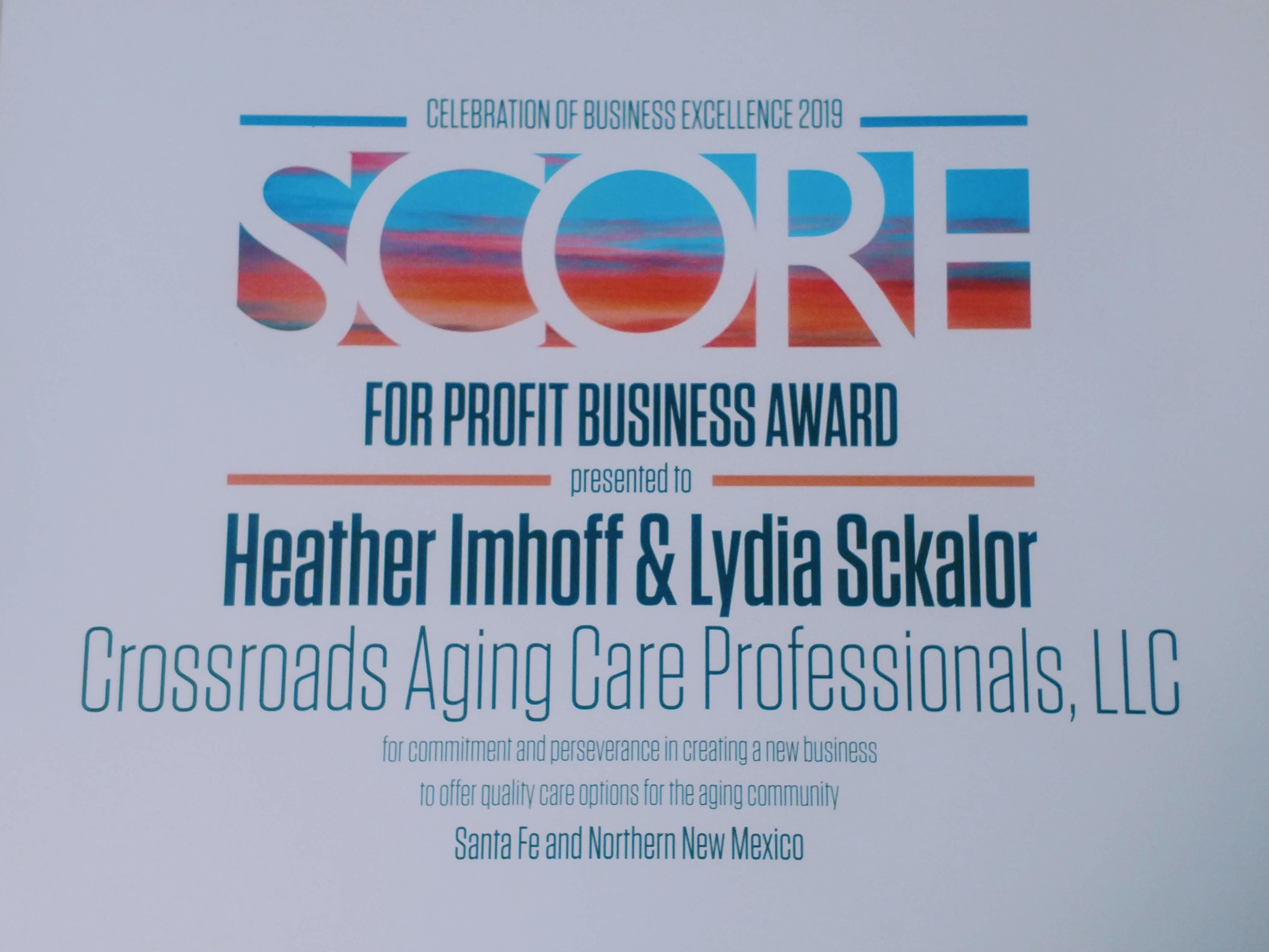Holidays are occasions that many of us spend with family, whether we live down the block or across the country. For those with aging loved ones, these visits are an important time to take stock amidst the hustle and bustle, and to make plans. Notable changes in an aging person’s appearance, behavior, or environment can be warning signs that his or her health, mentation, and function are changing. If you notice changes, dig in while you’re there together to further assess the situation and determine if intervention is needed.
Start by making observations
Person centered-
*Has your loved one’s hygiene changed?
*Is he or she wearing clothing that is dirty, falling apart or inappropriate for the weather?
*Has there been a significant weight change?
*Has his or her gait changed? Are they “couch surfing” or using furniture items for support while walking through the home?
*Any bruises or cuts that you can see?
* Are they using mobility or other adaptive equipment properly?
Behavior-
*Has mom or dad stopped going out for social engagements? Discontinued activities that were important to them?
*Do they have any new friends or organizations who they have a lot of contact with? Is anyone or any organization asking for repeated or large donations or loans?
*Do they seem forgetful or more repetitious in conversation?
*Does he or she seem more withdrawn or sad?
Environment-
*Looking at their home environment, are there areas of disrepair? Obstructed walk ways? Burned out lightbulbs?
*Any changes in cleanliness of the home, especially in the kitchen and bathroom? Are there items piling up on counters, table tops, or spare rooms? Unopened mail?
*Check the fridge to see if there are expired or spoiled food items.
*Does their car have scratches or other areas of damage?
Start a conversation
If any of these questions lead to concerning answers, it is vital to start a conversation with your loved one about your observations. Try to remain open and curious, not making assumptions or judgments since issues great and small can lead to similar presentations.
As an example, Dad may be wearing light summer clothing even though it seems too cold. This may be because his cognition is declining and he is not oriented to what month or season it is. Alternately, you may learn that most of his warmer sweaters have buttons and his advancing arthritis makes it difficult for him to manage these closures. Perhaps his winter clothing is stored in the attic or a high shelf that is difficult to access because of strength or balance issues. Or he may relay that he’s been very busy with his men’s group and just hasn’t gotten around to switching out his wardrobe.
It is important to understand whether your loved one is aware of the issues you’ve noticed, and if he or she sees them as a problem or not. What has she thought about or attempted in order to address the situation? Have there been barriers to resolving the problem? It can be difficult for someone with a lifetime of independence to admit that he or she needs assistance. Many of these red flag issues are highly personal in nature so depending on the circumstances and the personality of the older person, these topics may need to be approached gently and with compassion.
Preferences and Health Care Wishes
Also consider talking about what is important to your loved one. What gives them a good quality of life? And a vitally important question: What are their health care wishes? People fall all over the spectrum when it comes to thinking about, talking about, and making legal documents specifying their health care wishes. Wherever your loved one falls on this spectrum, it is important to check-in regularly or in some cases, for the first time about their thoughts and preferences about medical care, where they want to live, and what they want their lives to look like. If dad has already prepared legal documents designating health care decision making agents and even some advance directives about treatment options, does he still feel the same? Do the appropriate people and organizations have copies of these documents? If this conversation has never been broached, test the waters. See if this is a topic your loved one avoids or welcomes.
The observations made and conversations that take place during holiday visits are most often starting points rather than final conclusions. Most of these topics are on-going and evolving as your loved one continues to age. There are resources available in all states to help navigate elder support services and having as clear a picture as possible about what your loved one is struggling with will help target these resources. A good starting point is the county based Area Agency on Aging offices or investigate whether there is an Aging Life Care Professional in the area who can offer assistance. Most importantly, enjoy your time together celebrating and giving thanks!
By Heather Imhoff MSW, LMSW





